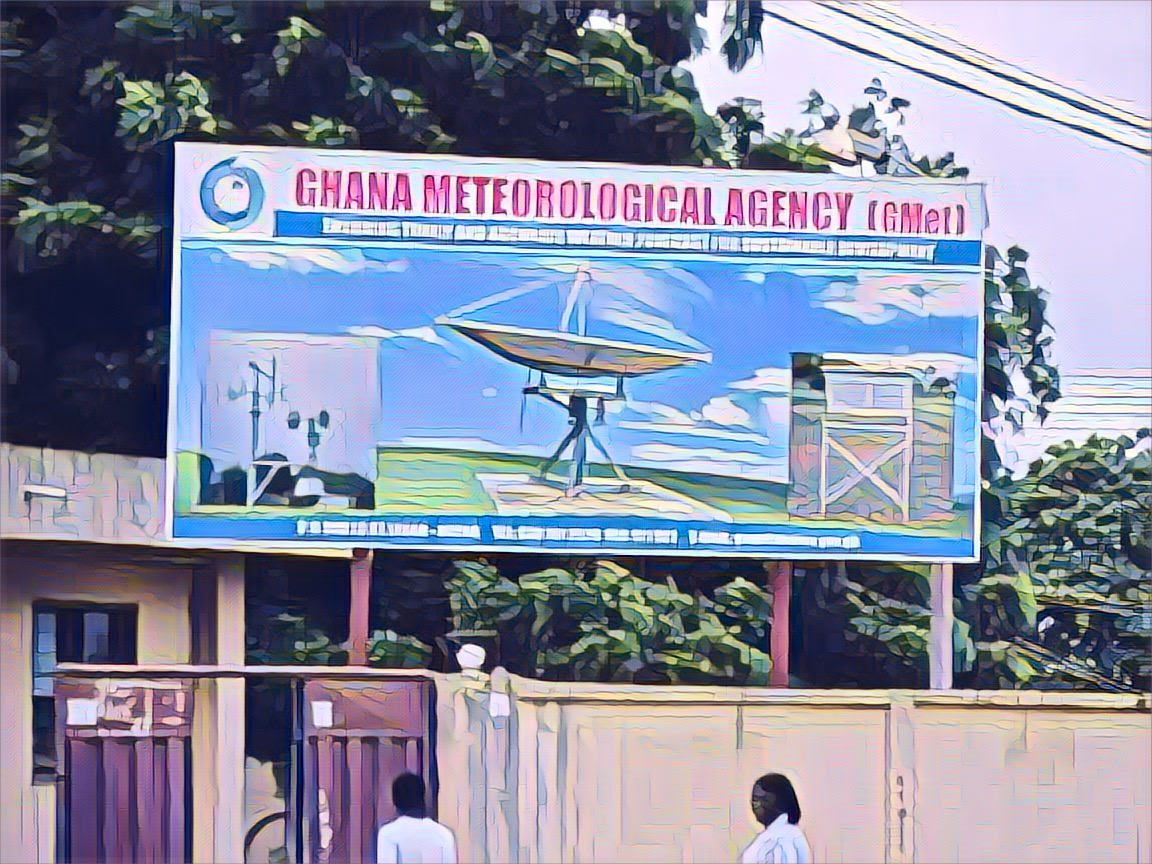The Ghana Meteorological Agency (GMet) has issued an urgent weather alert, signaling an impending surge in temperatures across Ghana. This alert comes as the country transitions from the harmattan season, known for its dry and dusty conditions, into a period of significantly hotter weather. GMet’s forecast anticipates a marked increase in temperatures as the sun’s apparent movement brings it closer to the equator, with the peak expected on March 20, 2024.
Current conditions have already introduced Ghanaians to elevated temperatures, but the situation is poised to escalate further. GMet’s analysis predicts a notable rise in temperatures from the present through March and into April 2024, as the sun’s position shifts from the southern to the northern hemisphere. This natural phenomenon is set to affect various regions across the country differently, with the southern half bracing for maximum temperatures ranging between 33°C and 37°C. The northern regions, however, will face even harsher conditions, with temperatures expected to soar between 36°C and 42°C. Nighttime will bring slight relief, albeit with minimum temperatures still expected to range between 22°C and 27°C nationwide.
In light of these forecasts, GMet has issued a series of recommendations aimed at safeguarding public health during this period of extreme heat. These guidelines emphasize the importance of staying hydrated, seeking shade during peak sunshine hours (11 am to 3 pm), wearing light and breathable clothing, applying sunscreen for outdoor activities, and monitoring vulnerable groups such as children, the elderly, and individuals with pre-existing health conditions. GMet also advises limiting outdoor activities during the hottest parts of the day and staying abreast of weather updates and advisories through its dissemination platforms. Those experiencing heat-related health issues are encouraged to seek medical advice promptly.
This period of elevated temperatures coincides with the transition from the dry season to the major rainy season in southern Ghana. GMet cautions that while rains will be less frequent during this time, they can be unexpectedly violent, featuring localized rain and thunderstorms accompanied by occasionally strong winds, particularly in the southern regions of the country.
The Central Analysis and Forecasting Office (CAFO) at GMet underscores the critical need for the public to maintain cool and safe practices during these challenging weather conditions. By staying informed and adhering to the agency’s guidelines, citizens can navigate this period of extreme heat with minimal impact on their health and well-being.
As Ghana braces for this surge in temperatures, the implications extend beyond immediate health concerns to encompass broader issues such as agricultural productivity, water scarcity, and the overall comfort and productivity of the population. This situation highlights the increasing importance of climate resilience and adaptive measures in response to changing weather patterns, urging both individuals and communities to prepare for and mitigate the impacts of extreme weather conditions.
As Ghana faces this imminent rise in temperatures, the collective response from both the government and the public will be pivotal in managing the challenges posed by the extreme heat. By following GMet’s advisories and adopting proactive measures, Ghana can ensure the safety and well-being of its citizens during this period, reinforcing the importance of preparedness and adaptation in the face of climatic variability.





1 comment
Your article helped me a lot, is there any more related content? Thanks! https://accounts.binance.com/en/register?ref=JHQQKNKN